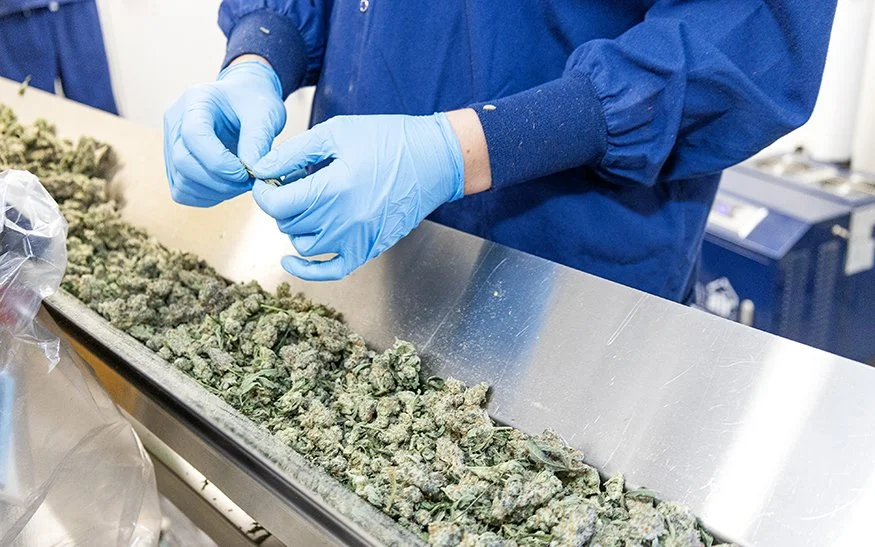Why ‘Croptober’ doesn’t mean much to NJ cannabis growers
Even though most legal cannabis in New Jersey is grown indoors year-round, the industry still likes to celebrate Croptober as a way to pay homage to the plant’s traditionally outdoors harvest culture in more established markets, like California and Oregon.
Like other crops, outdoor cannabis is planted in spring, flowers in late summer and ready for gathering before the first frost. For the cannabis space, Croptober began as a grassroots movement each October among small-scale growers who wanted to celebrate the end of a growing season and fruits of their labor. Over the years, it has evolved into a larger celebration, uniting growers, enthusiasts, and advocates to honor the plant and its cultural significance, as well as educate the public about the practice of cultivation.
Prompted by a mix of economics, regulation, weather risks and market demand for high-quality, consistent flower, cannabis cultivation in the U.S. increasingly occurs indoors or in greenhouses. As of 2024, indoor cultivation held a 54.8% share of revenue in the U.S. legalized cannabis industry, according to market research firm Grand View Research.
In control
In New Jersey, Curaleaf grows exclusively indoors to supply its dispensaries in Edgewater Park, Bordentown and Bellmawr, as well as wholesale buyers, according to Senior Operations Director Dennis Johnston.
The world’s largest publicly traded cannabis company previously had two grow facilities in South Jersey – Bellmawr and Winslow. But in 2023, the company closed Bellmawr as part of an effort to streamline business in response to market conditions across some of its operating territories, consolidating at its site in Winslow.
At the 100,000-square-foot plant along Route 73, Johnston said, “We have many flower rooms in our facility, and each can be harvested about five times a year. Because we can control all key factors, like climate and lighting, we essentially experience multiple ‘mini-Croptobers’ throughout the year. That consistency allows us to deliver high-quality flower at scale with the same standards our customers expect, regardless of season.”
From seed to sale
Kevin Rampelberg, senior vice president of cultivation at AWH, described Croptober as “largely irrelevant” for indoor cultivators. “Unlike outdoor grows that rely on natural photoperiods and must harvest in the fall, indoor operations run continuous cycles year-round. Controlled climates, automated irrigation and precise lighting schedules replace seasonal sunlight, allowing harvests to be staggered and planned with consistency. Because indoor environments eliminate external variables such as rain, frost or wide humidity swings, product quality is far more uniform across cycles — with tighter control over cannabinoid content, terpene expression and overall plant health,” he said.
In New Jersey, the multistate operator runs a Franklin-based cultivation and processing facility that sells flower, pre-rolls, concentrates, vapes, edibles and tablets to its three local retail stores (Wharton, Rochelle Park, Fort Lee) and third-party wholesale customers.
Lowering costs
However, as the legalized industry matures and profit margins tighten, more growers are considering outdoor cultivation because it typically means lower operating costs for electricity, HVAC and labor. Sustainability concerns are also pushing some to shift from energy-intensive indoor grows to eco-friendly outdoor or greenhouse models.
Additionally, advances in techniques have improved the quality of outdoor-grown cannabis, making it more competitive in the market.
Despite the increased interest, indoor growing continues to bring in more revenue – likely due to its year-round production and higher level of quality control and consistency. Still, some cultivators are opting for hybrid models that combine greenhouses and seasonal outdoor growing as a way to balance quality, cost and flexibility.
Under New Jersey law, a licensed Class 1 Cannabis Cultivator can grow indoors or outdoors – or a combination of the two – provided all regulatory and licensing requirements are met.



